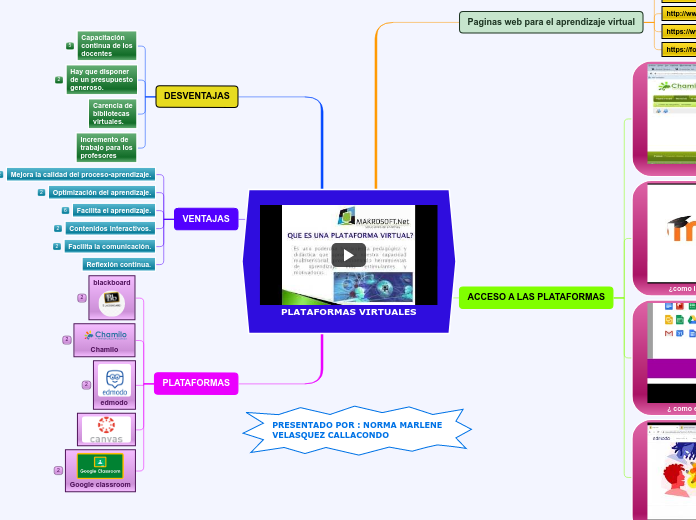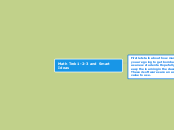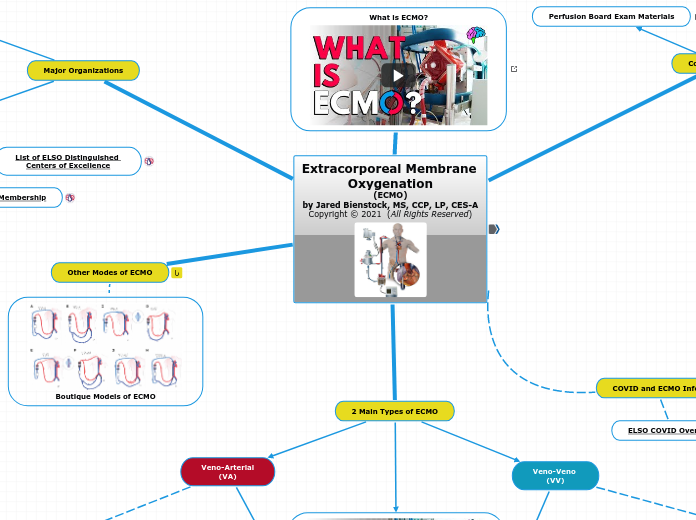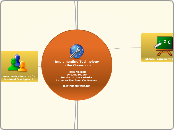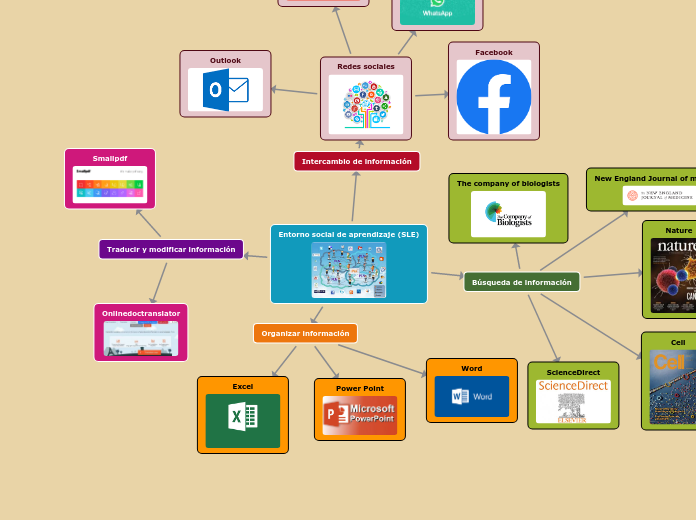PRESENTADO POR : NORMA MARLENE VELASQUEZ CALLACONDO
PLATAFORMAS VIRTUALES
The part of speech is a category to which a word is assigned according to its syntactic functions. In English the main parts of speech are noun, pronoun, adjective, determiner, verb, adverb, preposition, conjunction, and interjection.
PLATAFORMAS
A preposition is one of the most exciting parts of grammar. A preposition is used to describe the location of something in relation to something else.
Google classroom
A group of words used with the force of a single preposition is called phrase preposition.
according to, by means of, owing to, with a view to, in place of, in front of, etc.
edmodo
When a preposition consists of more than one word, it is called double preposition.
into, within, upto etc.
Chamilo
Compound preposition consists of two or more words.
on behalf of, according to, in front of, from across, etc.
blackboard
When a preposition consists of one word it is called single or simple preposition.
in, at, on, to for, of, from, up, after, over, under, with, etc.
VENTAJAS
An adverb is used to describe a verb, but it can also describe an adjective or another adverb.
Adverbs normally help paint a fuller picture by describing how something happens.
Reflexión continua.
Facilita la comunicación.
Especially, Specifically, Merely, Either
Contenidos interactivos.
A lot, Little, Much
Facilita el aprendizaje.
The intensifiers strengthen adverbs adjectives and adverbs and down- toners make them weaker.
down-toners
Fairly, Rather
intensifiers
Extremely, Very
Optimización del aprendizaje.
Just, Afterward, Soon, Currently
Mejora la calidad del proceso-aprendizaje.
Always, usually, Never
DESVENTAJAS
A numeral is a word or phrase that describes a numerical quantity.
Some theories of grammar use the word 'numeral' to refer to cardinal numbers that act as a determiner to specify the quantity of a noun, for example the 'two' in 'two hats'.
Incremento de
trabajo para los
profesores
Carencia de
bibliotecas
virtuales.
Hay que disponer
de un presupuesto
generoso.
One, two..
Capacitación
continua de los
docentes
docentes
continua de los
Capacitación
First, second..
ACCESO A LAS PLATAFORMAS
A pronoun is a word that can be used in place of a noun, typically after the noun itself has already been stated.
Crear una Clase en Edmodo
A reflexive pronoun ends with ...self or ...selves and refers to another noun or pronoun in the sentence (usually the subject of the sentence). The reflexive pronouns are myself, yourself, herself, himself, itself, ourselves, yourselves, and themselves.
Itself, Himself
¿ como empezar usar google classroom?
Demonstrative pronouns are used to demonstrate (or indicate). This, that, these, and those are all demonstrative pronouns.
This, These
¿como ingresar a la plataforma moodle?
Possessive pronouns are used to show possession. The possessive pronouns are mine, yours, his, hers, ours, and theirs.
His, Your
Crear curso en Chamilo
The personal pronouns are I, you, he, she, it, we, they. More often than not (but certainly not always), they replace nouns representing people.
He, They
Paginas web para el aprendizaje virtual
A verb is an action word or 'doing' word that signifies movement in some way.
https://fourminutebooks.com/book-summaries/
A participle is a verb form that can be used as an adjective or to create a verb tense. There are two types of participles: Present participle (ending -ing) and Past participle (usually ending -ed, -d, -t, -en, or -n).
The winning athlete gets a trophy.
https://www.aulafacil.com/
A modal is a type of auxiliary (helping) verb that is used to express: ability, possibility, permission or obligation. The main modal verbs in the English language are: can, could, may, might, must, shall, should, will, would.
I might go to the park if I get my homework done.
http://www.icarito.cl/
A linking verb connects the subject with a word that gives information about the subject, such as a condition or relationship.
You look exhausted after studying all night.
http://educalim.com/
A verb with its own meaning: a verb that is not an auxiliary verb.
Create sentences
They have it.
